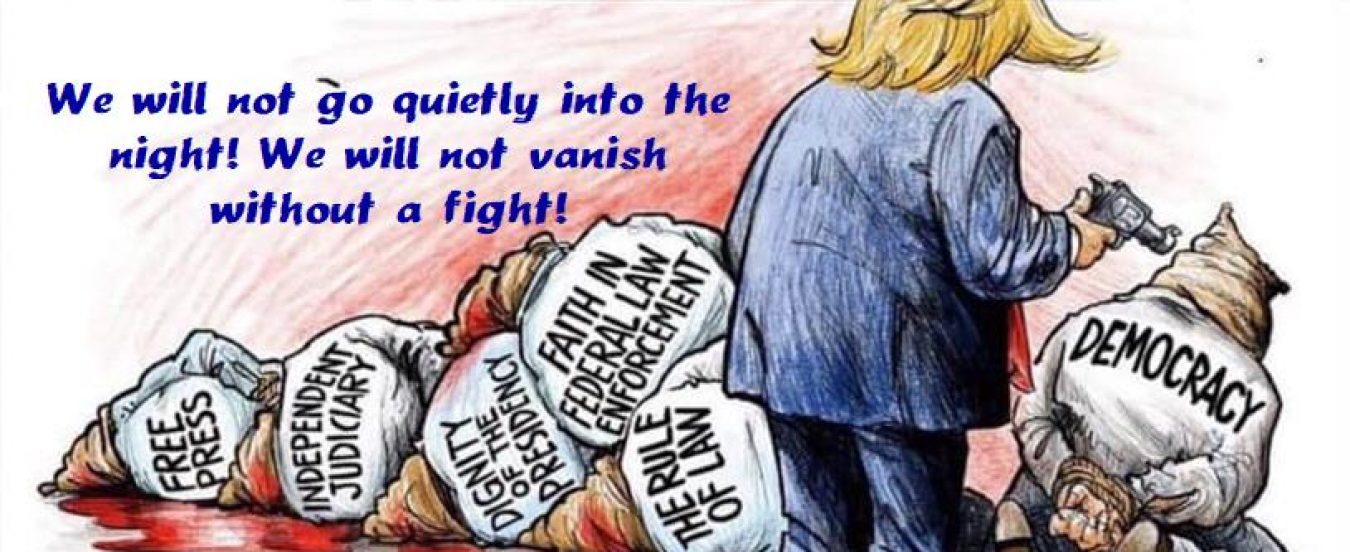I don’t smoke. Once, I was a campfire cigar smoker, but a rainy afternoon with three cigars on a country porch broke me of that affectation. So, when our lethargic legislators finally finalize a budget, its most-ballyhooed fund-raising feature of a $1.50 increase tax per pack of cigarettes will not affect me. I’ll have to pay for the added gasoline tax and more for my liquor purchases. But, I’m free and clear of my share of the biggest funding increase for state government.
That’s not fair. Smokers should not have to pay for the services we all use. Talking sports down at the corner store recently, I watched one guy come in and buy a pack of cigarettes for $5. That pack will soon cost $6.50. Another guy bought two packs for $8.50. They will soon cost $11. Those are immediate price increases of more than 30 percent. According to the Center for Disease Control – which has now been barred from sharing health statistics that would prove environmental degradation – only about 17 percent of American adults smoked in 2015. So, even if Oklahomans smoke a little more, it’s likely that less than 20 percent of us have been chosen to pay for Oklahoma state government.
Knowing better than to judge folks by the clothes they wear, I’ll turn to other statistics that point out that smoking predominates among lower income people. In 2008, Smokers comprised 30 percent of the people making less than $6,000 a year; 34 percent of those making up to $12,000 and 30 percent of those making between $12,000 and $23,999. From there, the next three $12,000 brackets fall from 26 to 22 to 21 percent for people earning from $48,000 to 59,999. The next two brackets are spaced at $30,000, with the $60,000 to $89,999 folks smoking at 16 percent; those up to $119.999 at 13 percent and those earning more than $120,000 smoking at a 13 percent ratio. So, the legislators have chosen about a fifth of us to foot our bills – and the poorest among us to contribute the most proportionately.
Well, they should just quit smoking? Nicotine has tested to be just as addictive as heroin, cocaine and amphetamines and more addictive than alcohol. Most smokers start young “to be cool” or because “everyone’s doing it.” Addiction is not a moral failure, but a chemical dependency. Once it has you hooked, smoking is a hard habit to break. My standard example of the power of nicotine concerns the guy at the desk to my left in one of the best small-town newsrooms ever assembled. He came in one Monday after a weekend of partying with some thin, brown-wrapped cigarettes that he smoked European-style for added effect. Too cool. He stuck with those spiffy status smokes – that I won’t give a free plug – for a couple months before he was carrying packs of regular cigarettes to feed his need. His story resembles many others.
Nicotine has also tested to reduce stress, which a lot of low-income people face on a daily basis. Then, too, once someone is hooked, the next puff will reduce the stress of their nicotine craving. Writing for the Washington Post in 2015, Keith Humphreys, a professor and Director of Mental Health Policy at Stanford’s Department of Psychiatry, points to three reasons for heavier smoking among lower income people:
1) Lower income smokers take longer and deeper drags on their cigarettes than others;
2) The peer pressure of living and working within a higher smoking group makes it harder to quit;
3) Lower income smokers have less access than others to effective stop-smoking treatments.
Humphreys cites another study to make the point that “endlessly raising tobacco taxes eventually becomes cruelly regressive for addictive low-income smokers who can’t or won’t stop smoking.” This addiction, he adds, could send smokers “into the black market for untaxed cigarettes.”
In fact, the only other opposition I’ve seen to the cigarette tax increase was credited to Republican state representatives in Eastern Oklahoma, who feared the tax hike would send their constituents to Arkansas to buy their smokes and reduce local revenues – and not just from cigarette sales, but from other purchases made while on the cigarette run. This led some of them to vote against that fake budget proposal floated by Republican failureship .
Consider, too, the reduced buying power of the smokers themselves. Down at my local store, I’m told that most smokers are about pack-a-day smokers. That’s $10.50 a week that’s not being spent elsewhere, $40 a month, about $500 a year. For each and every smoker. Commercial interests aside, it is just plain wrong to make a small, mostly-struggling segment of society foot the bill for state government.
(Gary Edmondson is Stephens County Democratic Party Chair.)
